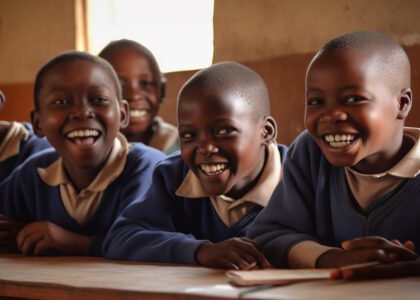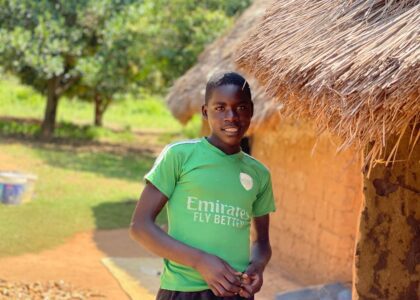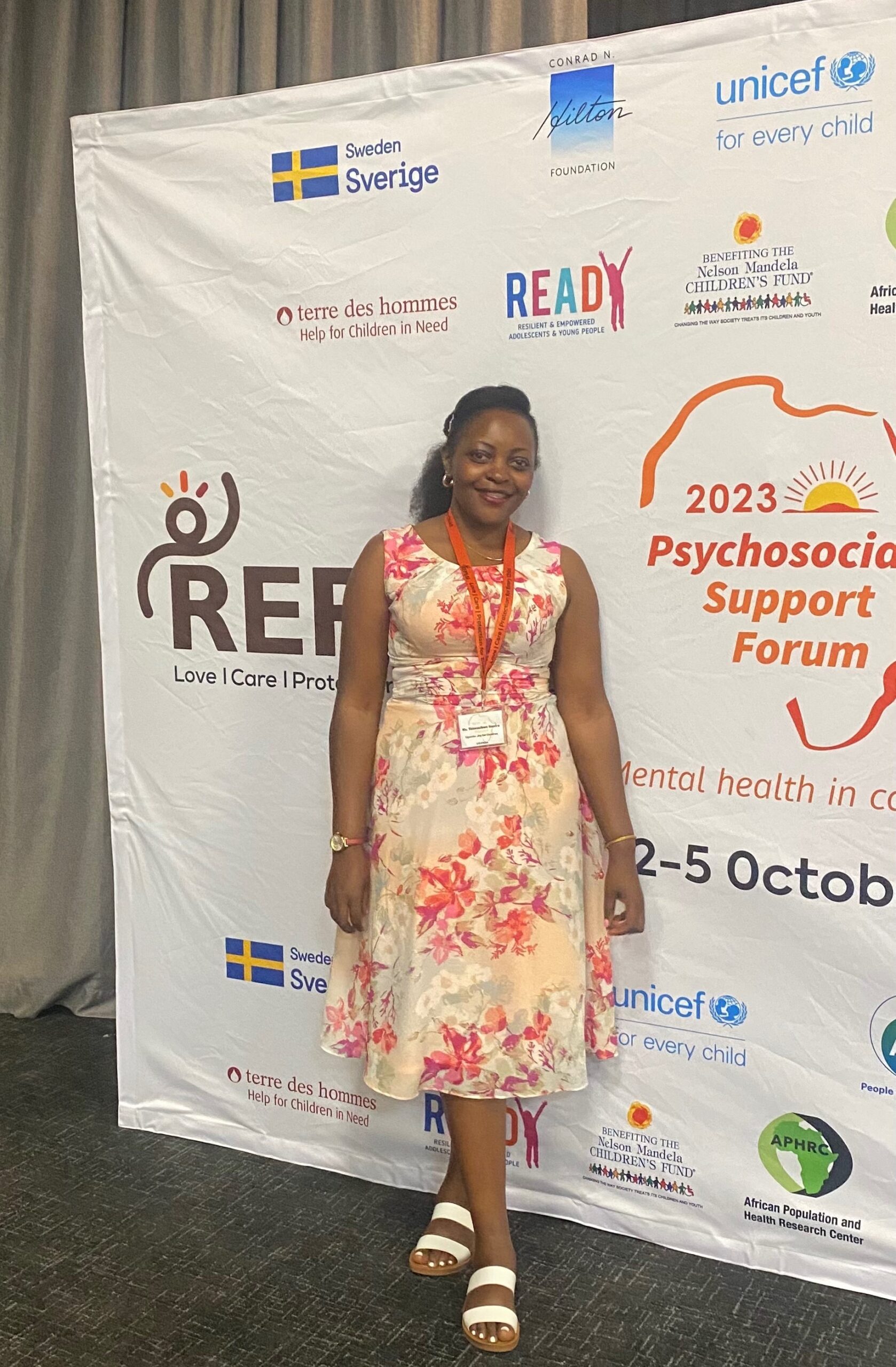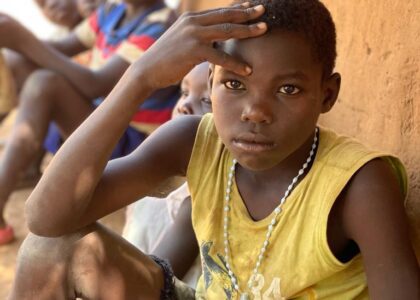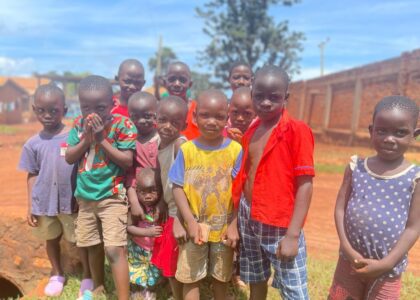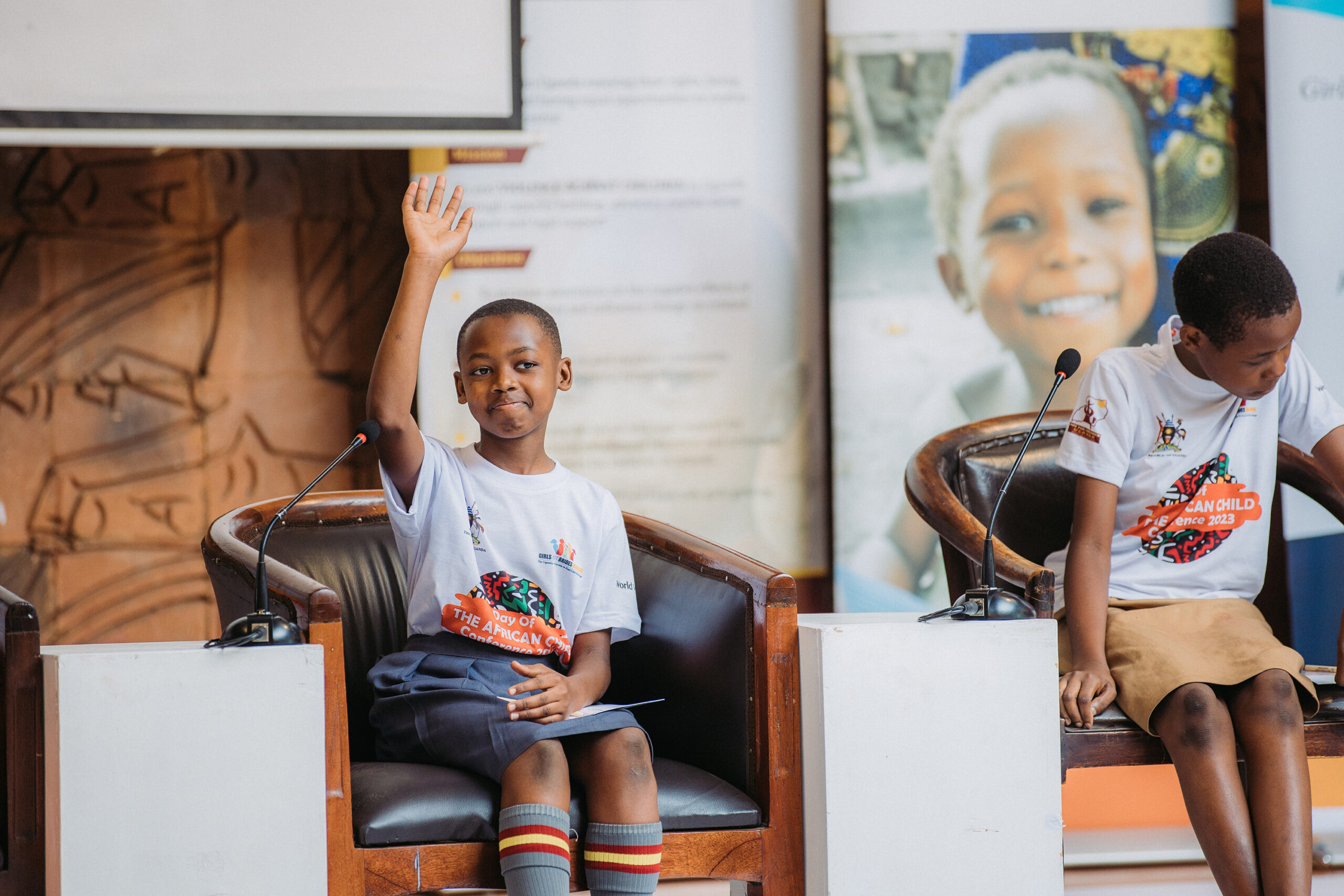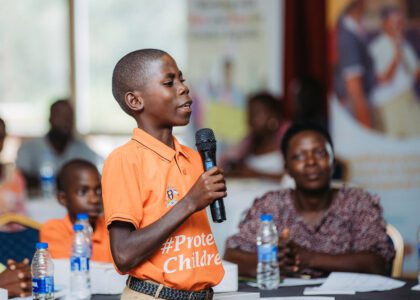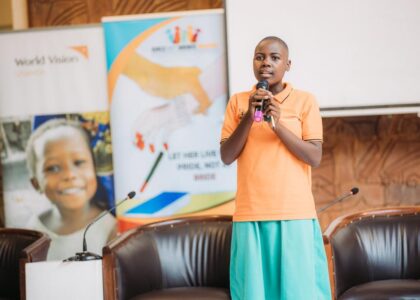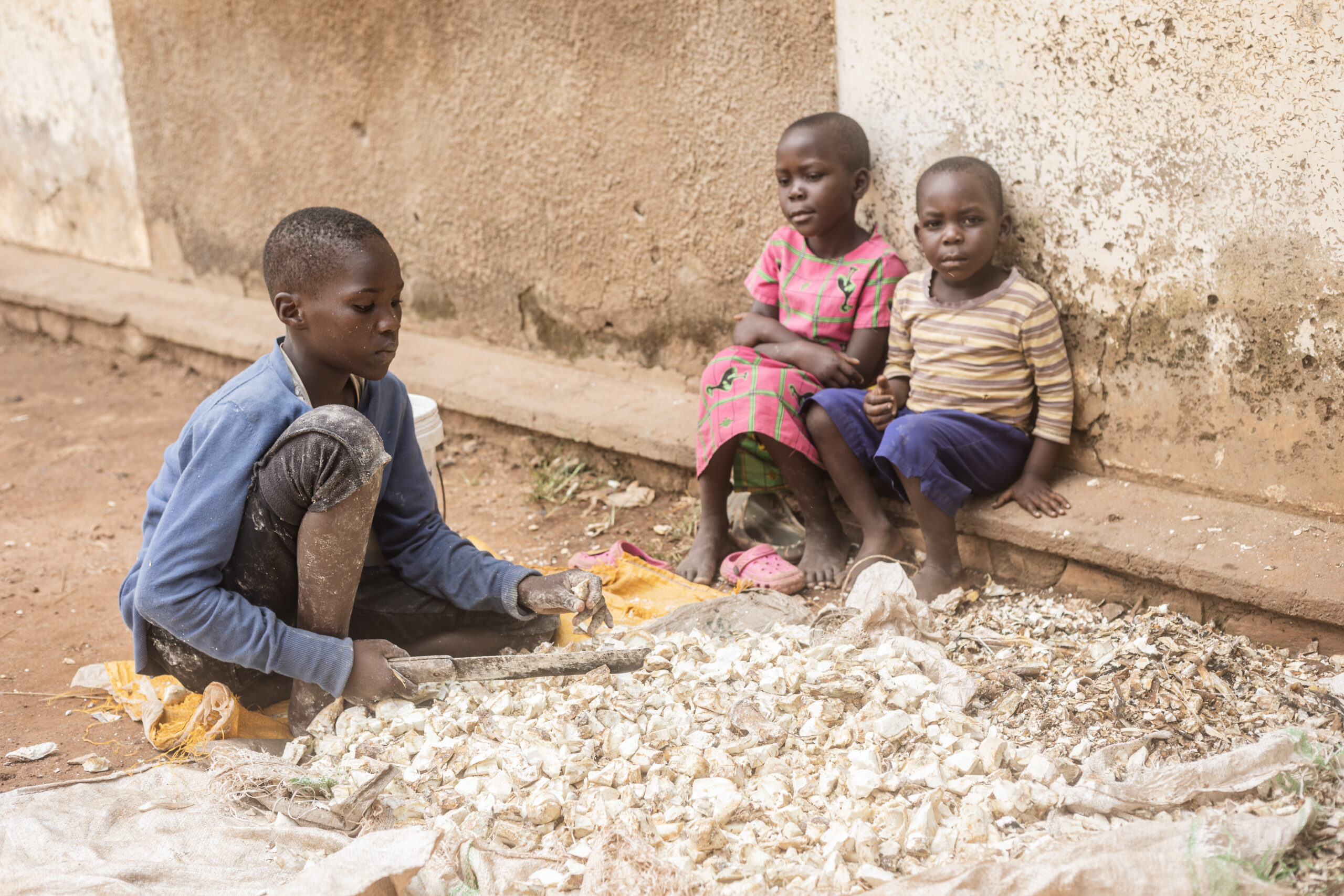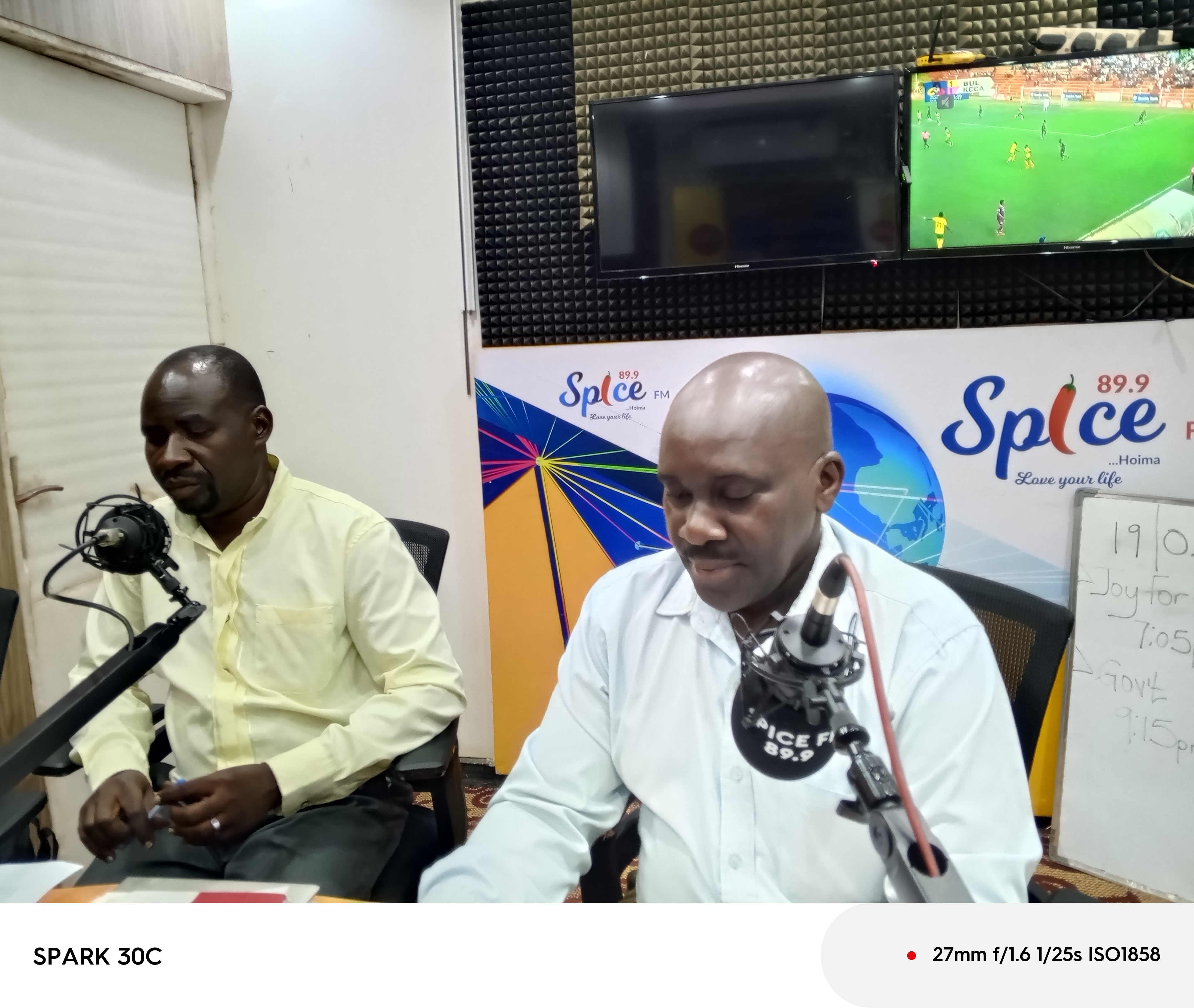Collective efforts to End child Marriage in Uganda
Child marriage is a global issue that affects millions of young girls every year. In Uganda, child marriage is a prevalent problem, with 34% of girls getting married before the age of 18. This practice not only robs these young girls of their childhood but also limits their opportunities for education, health, and a bright future. However, there is hope as organizations in Uganda are collectively working towards ending this harmful practice.

